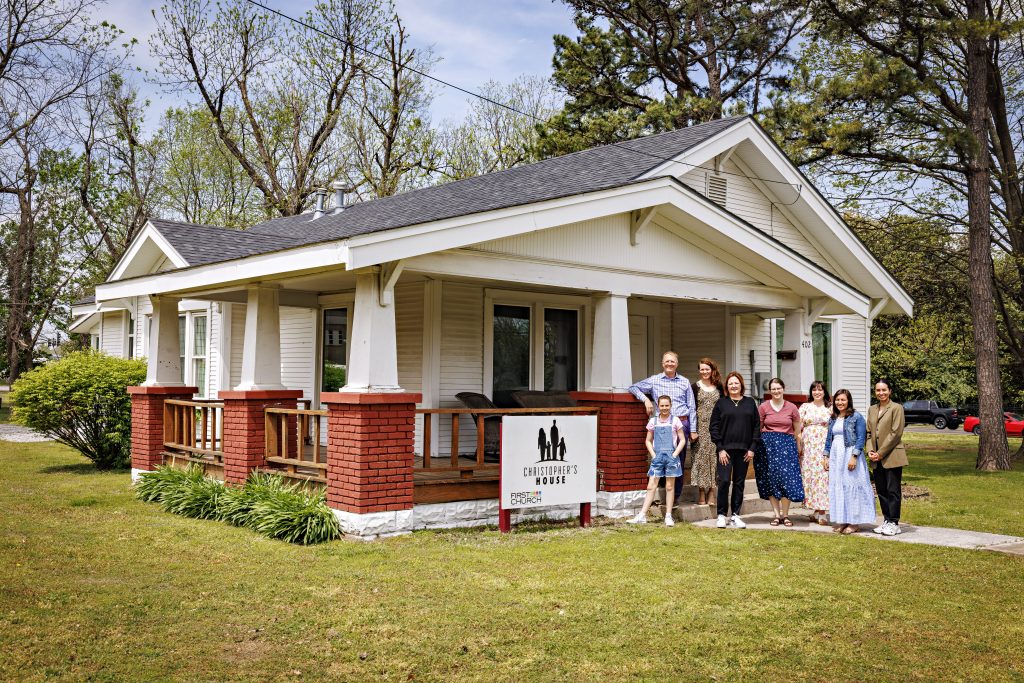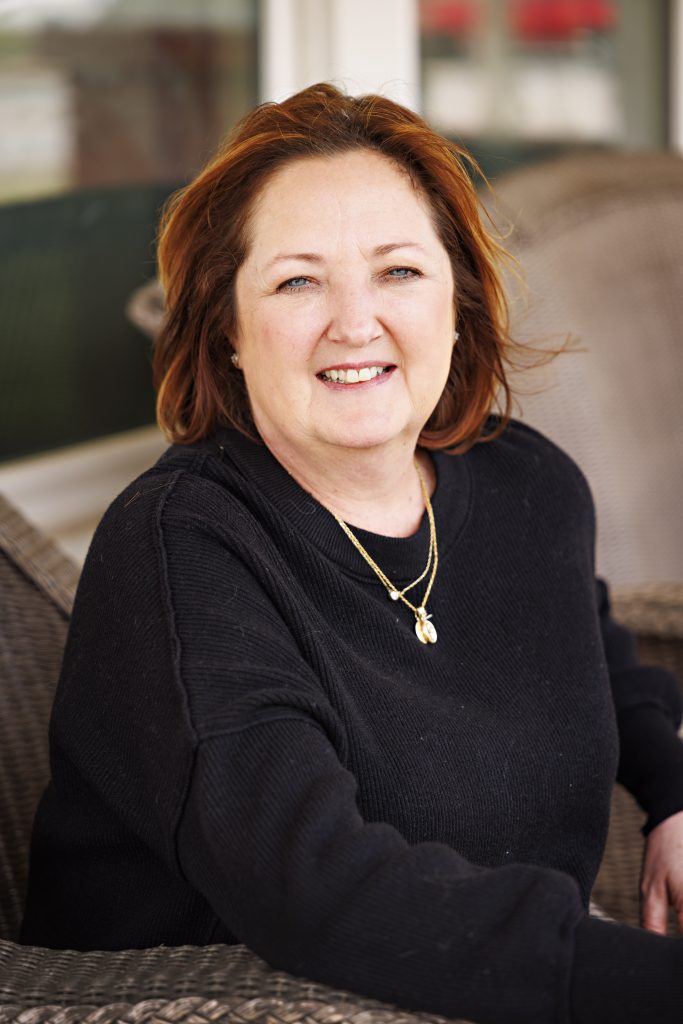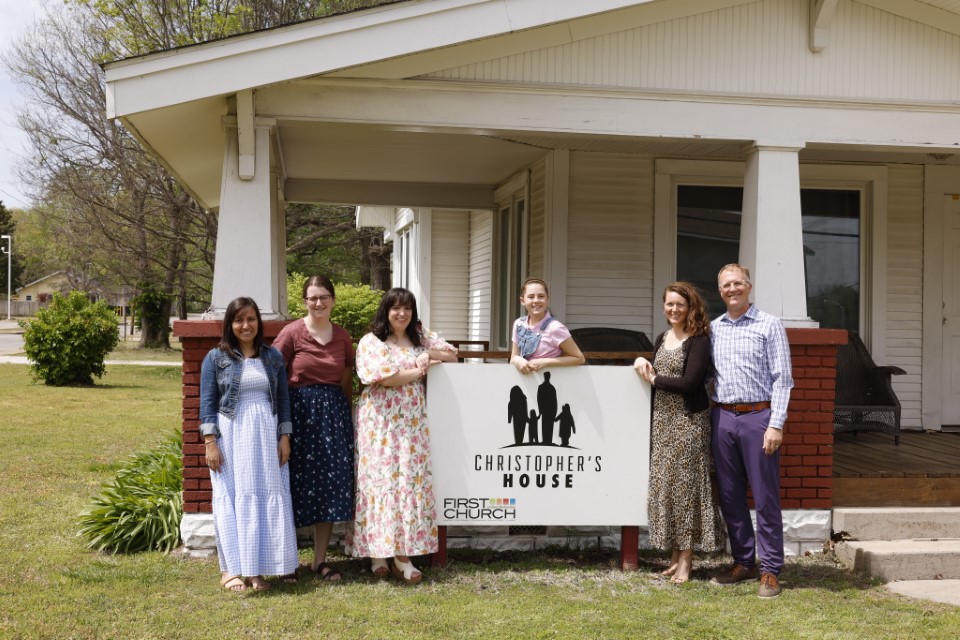
Springdale. They provide comfort, resources and ongoing support to refugees.
Something extraordinary is happening in the heart of Northwest Arkansas— neighbors are welcoming the world. Since its beginning in 2015, Canopy Northwest Arkansas has grown from a grassroots charity into a vital refugee resettlement agency, helping 952 individuals rebuild their lives in a new land. The magic behind Canopy’s impact lies in its volunteer program, everyday people choosing to help.
Canopy was born from a belief that Northwest Arkansas could be a beacon of hope for families outside the U.S. fleeing conflict. Today, the organization provides support through case management, employment assistance, youth services, mentoring for newcomers, and various other forms of help. Yet it’s the human connections formed through their volunteer program that makes the biggest difference.
Central to Canopy’s mission is the Circle of Welcome program, a six-month commitment where a team of volunteers forms a support system for a newly arrived refugee family.

Canopy NWA Circle of Welcome Director
As Kimberly Elder, the program’s coordinator, describes, “They’re like the family’s first friends.” These volunteers offer far more than logistical help; they provide emotional and social encouragement during one of the most overwhelming transitions a person can face. Elder gets emotional talking about when the families arrive from their country of origin. “When a family arrives at the airport, they’re greeted with flowers, handmade signs, and open arms. But before they even set foot in Arkansas, the Circle of Welcome has been at work,” she says. “They secure donated furniture, decorate the homes with personal touches, stock the pantry with culturally appropriate groceries and prepare a warm meal.”
But the support doesn’t stop there. Volunteers help families navigate life in the U.S., from job interviews and school enrollments to soccer practices and dinner gatherings, they become part of the family’s new community, often forming lasting bonds. “One team enrolled a young boy in a local soccer league,” Elder shares. “They take him to every practice because his mother has to work in the evenings, and they all show up for his games.”
Canopy’s volunteers step in to fill some of the gaps that come with relocation, like translation, transportation and emergency childcare. The work isn’t always easy, but volunteers gain a new perspective, build lasting friendships, and witness firsthand the resilience of the human spirit. In turn, refugee families find safety, stability and a sense of belonging.
“Sandra“ legally arrived recently after fleeing unimaginable violence in Central America. Due to extreme corruption and violence, she was forced to seek safety outside the country. She made her way to Northwest Arkansas with her teenage daughter and an adult son with developmental delays. Her husband, grown daughter and grandchildren are still in Central America.
Sandra is still processing the traumas that she experienced and reeling from so much change. “Her children are deeply affected,” says Elder. “They are sensitive to loud voices and aggressive body language. Volunteers and staff are sensitive to these dynamics.” When she first arrived, Sandra was placed in an apartment. But it quickly became clear that as a single mother supporting a teenager and 26-year-old son with developmental needs, she would struggle to make ends meet on her own.

That’s when a door opened, literally and figuratively.
Christopher’s House, a modestly restored transition home made possible by the First United Methodist Church of Springdale, became available after another family moved out. The Circle of Welcome volunteers decorated the house with care and warmth, turning it into a sanctuary for Sandra and her kids. When she walked in and saw the space for the first time, she turned to her case manager and asked, stunned, “This is for us?”
After settling into Christopher’s House, Sandra and her children began to heal. Volunteers and case managers describe her as becoming part of the fabric of their new community little by little, building trust, confidence and hope. Her story is a reminder of the stakes involved in refugee resettlement. These are not statistics — they are mothers, daughters, and sons seeking refuge, safety and dignity.

“While families like Sandra’s give me hope,” remembers Elder, “the road to resettlement is growing increasingly difficult because of shifting policies and funding structures that underpin the work Canopy does every day.”
Canopy is facing one of its most severe challenges to date as 68% of their revenue comes from federal sources. The organization has had federal contracts terminated, leading to concerns about future program delivery. The most recent scare came in January, when a stop-work order for the Reception and Placement (R&P) Program was issued, stopping essential services to refugees within their first 90 days in the United States. This decision left 25 newly arrived families, about 65 individuals, without the support they had been promised, during the most critical window of their resettlement journey.
Thanks to years of careful stewardship, committed volunteers and diversified funding, Canopy was able to pull from emergency reserves, funds that would have otherwise supported staff salaries and operations.
Amid the uncertainty, Canopy’s team and the community surrounding it have shown unwavering resolve. “The outpouring of support from the local community has been incredible,” says Elder. “Many of these volunteers continue to volunteer long after their official commitments end. Their love doesn’t come with an expiration date.”
To learn more or help Canopy’s mission, visit www.canopynwa.org.
